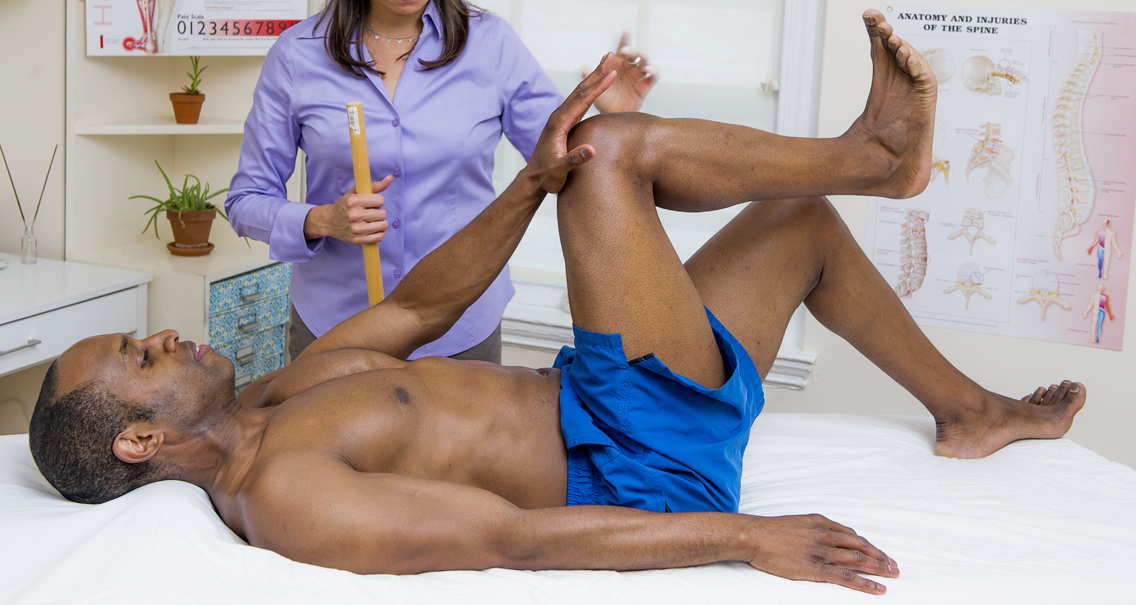Before we can begin treatment, I have to first identify what’s wrong. I’ll ask you questions about your symptoms, your activities, the things you want to do that you currently are unable to do, the activities and movements that cause pain and those that ease symptoms, and how the injury occurred. If referred by a doctor, we’ll review your diagnosis and prescription details.
I’ll then ask you to move in a variety of planes to assess what needs to move more efficiently, your muscle strength, and the mechanics at each joint that is vital to your recovery. Be sure to wear loose, comfortable clothing that can be lifted to easily expose the injured area.
My goal is to treat the entire body holistically, not just to isolate specific body parts, as often a pain or lack of mobility in one area of the body is caused by conditions in another area. After the initial evaluation, we’ll review your goals and develop an individual physical therapy plan. I’ll also give you a series of therapeutic exercises to do in the comfort and privacy of your home or office to build on the work of our therapy sessions together.


